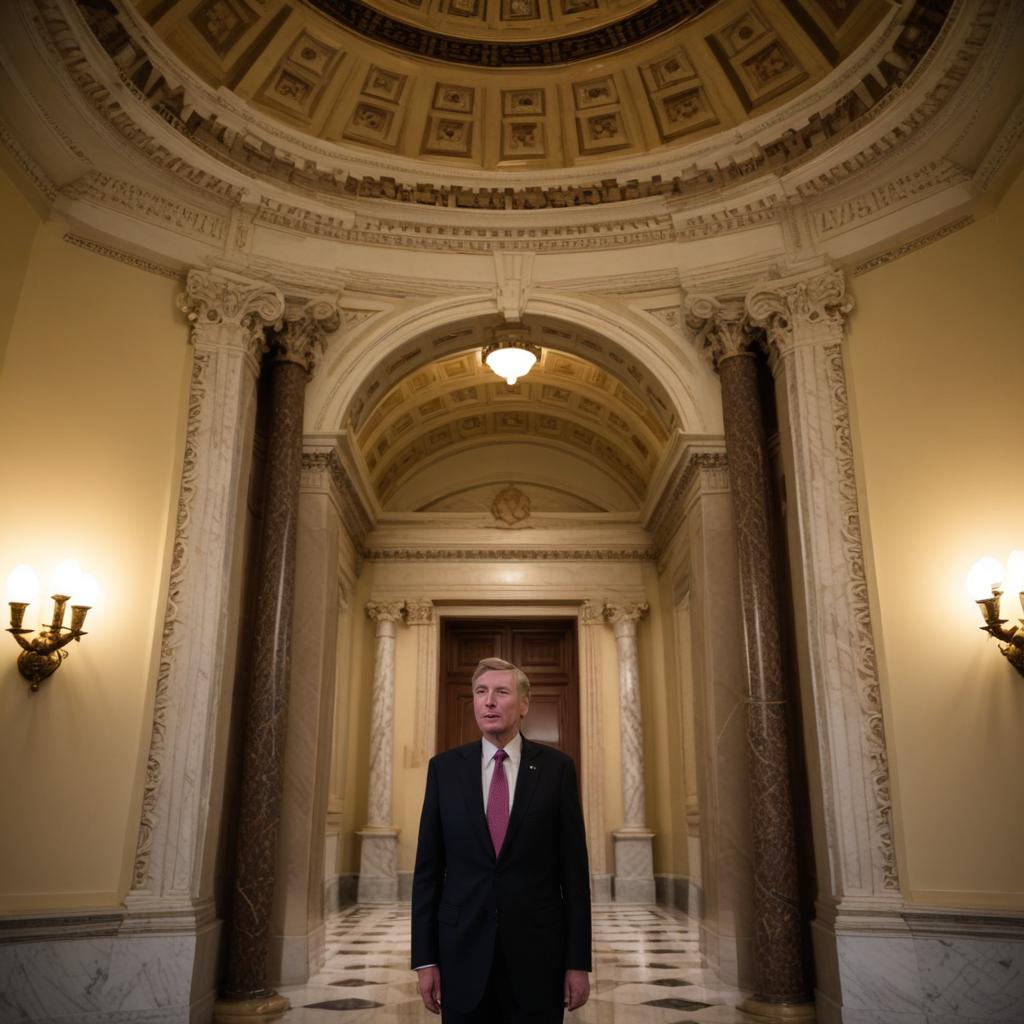The government shutdown enters its second week with no end in sight, primarily stalled over expiring health care subsidies. While federal workers face missed paychecks and Trump threatens to deny back pay, Republicans and Democrats remain at an impasse, each convinced they hold the political advantage.
The government shutdown has entered its second week, paralyzing Capitol Hill with no clear resolution in sight. The core of the impasse revolves around the expiring federal subsidies that help millions purchase health insurance through the Affordable Care Act (ACA), set to end at year-end. Democrats are pushing to resolve this issue immediately, citing looming health care price spikes, while Republicans, holding the majority, argue the issue can be addressed later. President Donald Trump has escalated tensions by threatening to mass fire federal workers and refuse back pay, a significant departure from past shutdown practices. Federal employees and military personnel are already bracing for missed paychecks, and the shutdown has led to nationwide flight delays and disruptions to federal programs. Public negotiations are stalled, though private discussions among lawmakers are reportedly underway. Two dueling bills from Republicans and Democrats have repeatedly failed in the Senate. Senate Minority Leader Chuck Schumer and House Democratic leader Hakeem Jeffries maintain that Americans side with Democrats on health care and that Republicans are 'feeling the heat.' Conversely, House Speaker Mike Johnson and Republicans believe they have the political upper hand, preparing for public appearances to defend their stance. Signs of discomfort are growing, with some Republicans, including Rep. Marjorie Taylor Greene and Sen. Josh Hawley, breaking ranks to advocate for addressing health insurance costs. Proposed solutions include Sen. Susan Collins' plan to reopen the government with a commitment to discuss health care later, or Sen. Mike Rounds' idea of a temporary one-year extension of subsidies. Trump himself has sent mixed signals, initially open to a health care deal but later insisting the government must reopen first. Both parties are dug in, with internal data reportedly encouraging them not to concede, viewing the shutdown fight as a precursor to the 2026 midterm elections. Tensions boiled over at the Capitol with confrontations between lawmakers, highlighting the deep partisan divide.



